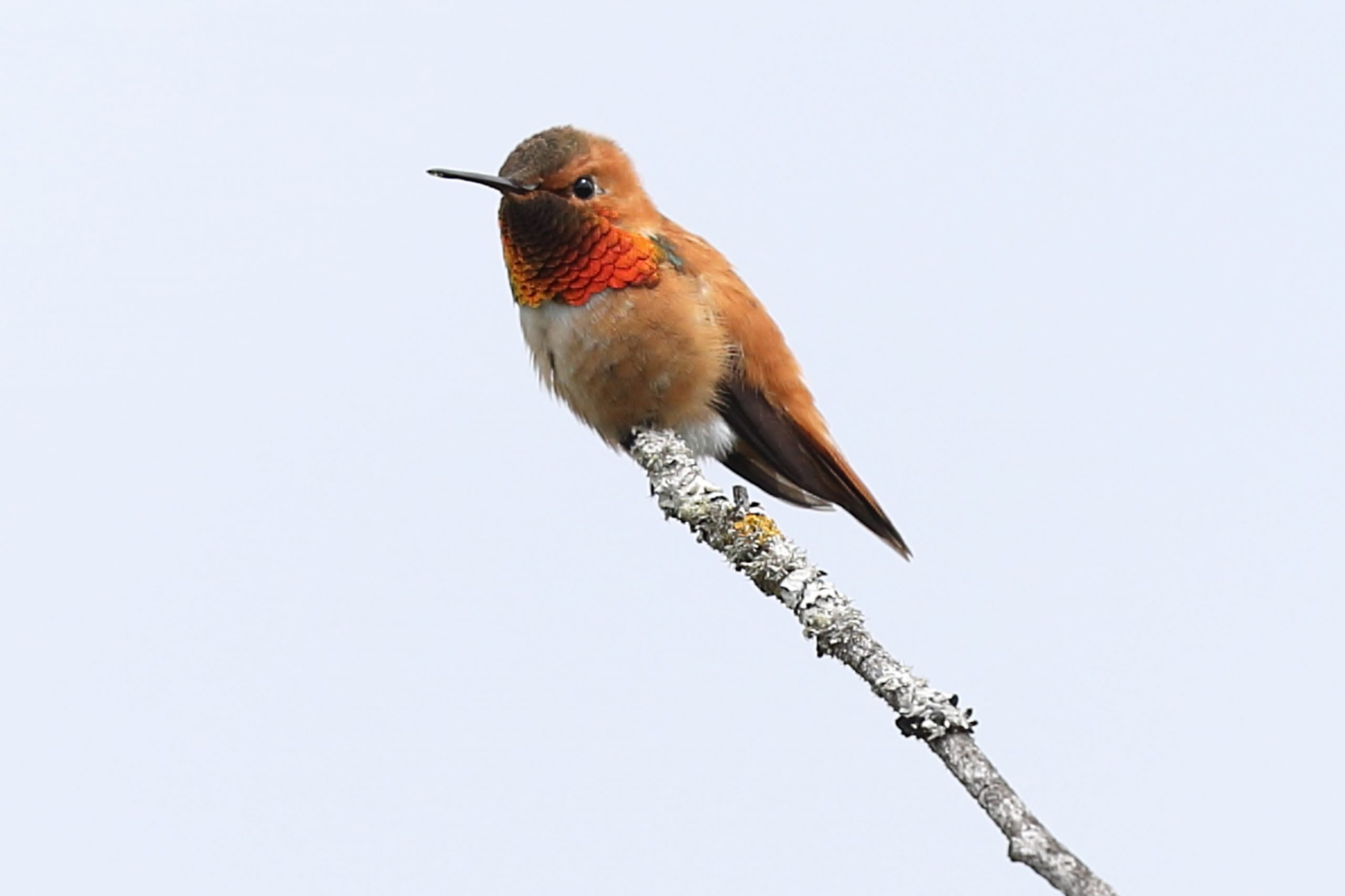Support Us
Since 1979 more than 140,000 animals have been treated by Wildlife Rescue.
Thanks to the support of individuals like you, Wildlife Rescue can provide a lifeline for animals in distress.
Hummingbirds need to feed almost continuously. It may surprise you that such a small animal, who weighs about the size of a loonie, has a high demand for food. Hummingbirds can consume half their weight every day. Nectar fuels hummingbird’s metabolism – the highest of an endothermic animal on earth. It’s best to provide flowering plants that produce nectar in the spring and summer. If flowers aren’t an option, then a feeder can be supportive. Here is an easy-to-follow recipe for your hummers!

Ingredients: Refined white sugar and Water
Directions for making safe hummingbird food:
What to do if you find Hummingbirds in Distress – four areas of concern:
With spring babies, predator attacks, and depleted food sources you may find hummingbirds or other animals in distress. Please contact our Support Centre for assistance. They will share best practices for the safety and survival of the animal. For additional information, visit our website here.
Some signs to watch for in the bird species are on the ground, weak, confused, soiled, tongue sticking out, visible injuries, or unable to fly. Please bring it to Wildlife Rescue as soon as possible.